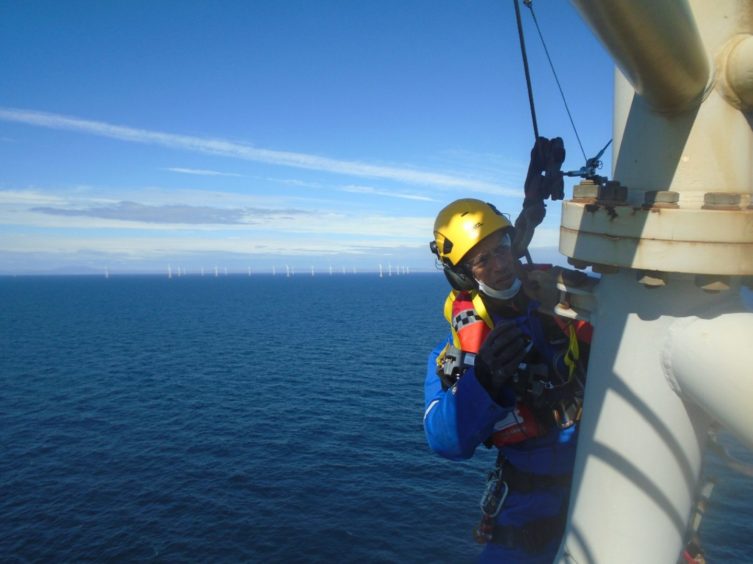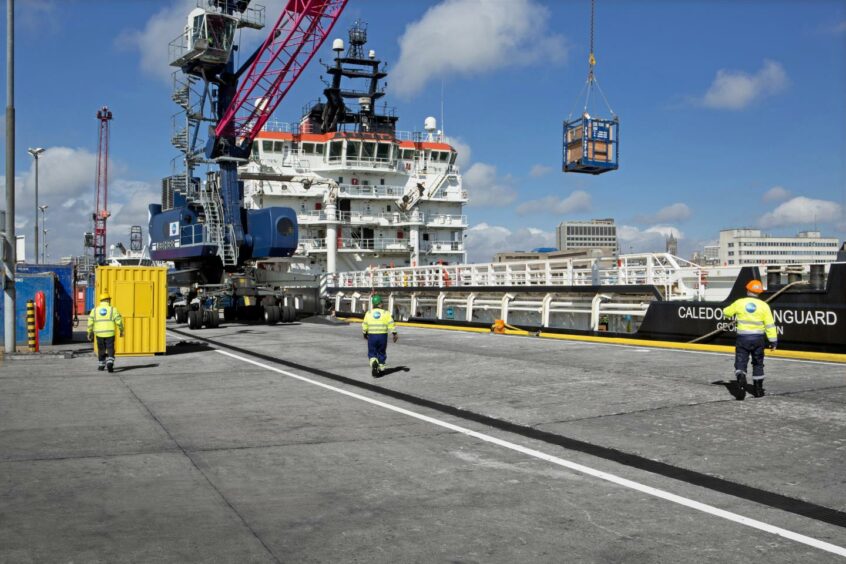
Despite considerable pressures on offshore wind and a hostility towards oil and gas, appetite for dealmaking in the services sector remains high.
While the recent disastrous renewables procurement round served as a wake-up call on the state of the offshore wind sector, it appears not to have dented the outlook for long-term investors.
“Generally M&A is really bullish for the space. There’s loads of investors looking for credible targets in offshore wind,” according to Patrick Harris of M&A and strategy advisor Calash.
He credits this mainly to the appetite of major investors who want access to the sector for “thematic reasons”. Wind continues to tick boxes with its green and transition-focused credentials, but also because its long-term fundamentals remain strong.
And that exposure is still, for the moment, more valuable than the short-term profitability.
“When [buyers] start looking into the businesses and the markets a bit closer, investment and M&A is a challenge to some extent because frankly it’s hard to find a business in the wind supply chain that makes any real money.
“There are some that are in good niches and profitable but by large, because of the revenue model and now because of inflationary costs, the profit margins are really quite slim.”
Indeed, the main concern appears to be “a lack of volume in credible targets.”
The weight of interest and capital in play, and the beneficial long-term access to wind means transaction multiples remain “really high”, despite the aforementioned headwinds.
Funding the transition ‘journey’
Mr Harris says there is also a resurging interest in what he termed “transition targets” – businesses that may have historically focused on oil and gas but which also have diversification potential into markets like offshore wind or other sectors like nuclear and industrials.
“Those businesses are where there’s really hot M&A right now because investors want to come in – especially private equity – and they want to be part of that journey, they want to fund that journey for that company.”
In particular, he points to a wave of Middle Eastern capital seeking opportunities in UK oil and gas technology.
These often have a transition angle too, “but they have a more long-term view of the transition because they’re coming from places where oil and gas is a key part of the economy,” he adds.
“You’ve also got others like UK domestic and European domestic money which is now reappraising their exposure to the space.”
He points to several recent transactions which highlight the kind of plays being made.
“If you look at the sale of ASCO for example, going to Endless LLP, that was a great deal,” he says.
The Aberdeen-headquartered logistics group was acquired by the UK-based private equity firm in August, with the explicit aim of positioning it in the renewables and new energy markets.
“It’s great that it’s found a UK home for what’s essentially still primarily an oil and gas business,” adds Mr Harris.
Another deal representative of the shift is RSK’s acquisition of engineering services firm PD&MS – a firm also on a “transition journey” – as well as Nesma & Partners recent play for Kent.
“It shows that there are buyers willing to step into oil and gas businesses and to hold their hand through the transition,” Mr Harris notes.
“That’s really important because someone’s got to fund that transition, and it’s not going to happen overnight.”
Financing hurdles
But alongside the volume of targets, Mr Harris suggests financing could also prove to be another brake on deal-making.
“You have buyers for deals and for assets, but they often go to banks to leverage part of the deal and a lot of banks are paring back a bit – not so much because of ESG issues, but just because of their own exposure to the space historically,” he observes.
It’s this element of transacting that often proves to be the trickiest – far more than finding a willing buyer – and which has been observed across the energy M&A market as responsible for the slowdown in some transactions.
Looking ahead, Mr Harris suggests these headwinds could result in a minor slowdown in some services M&A, though is unlikely to dent apparently voracious appetites.
“I think on the wind side you’ll still see deal making on that macro trajectory. Deals might take a little longer and people might have a bit more hesitancy, but I don’t think things will stop that,” he said.
And clearly the potential rewards for sticking out those investments remain too big to ignore.
“There is pain at the moment, but if you’re in a business and you get through a period of struggling to achieve profitability…in three years’ time, if you’re the company still standing and the runway is completely clear to 2030 and 2050 – you’re going to be a household name.”
Recommended for you

 © Supplied by ASCO
© Supplied by ASCO